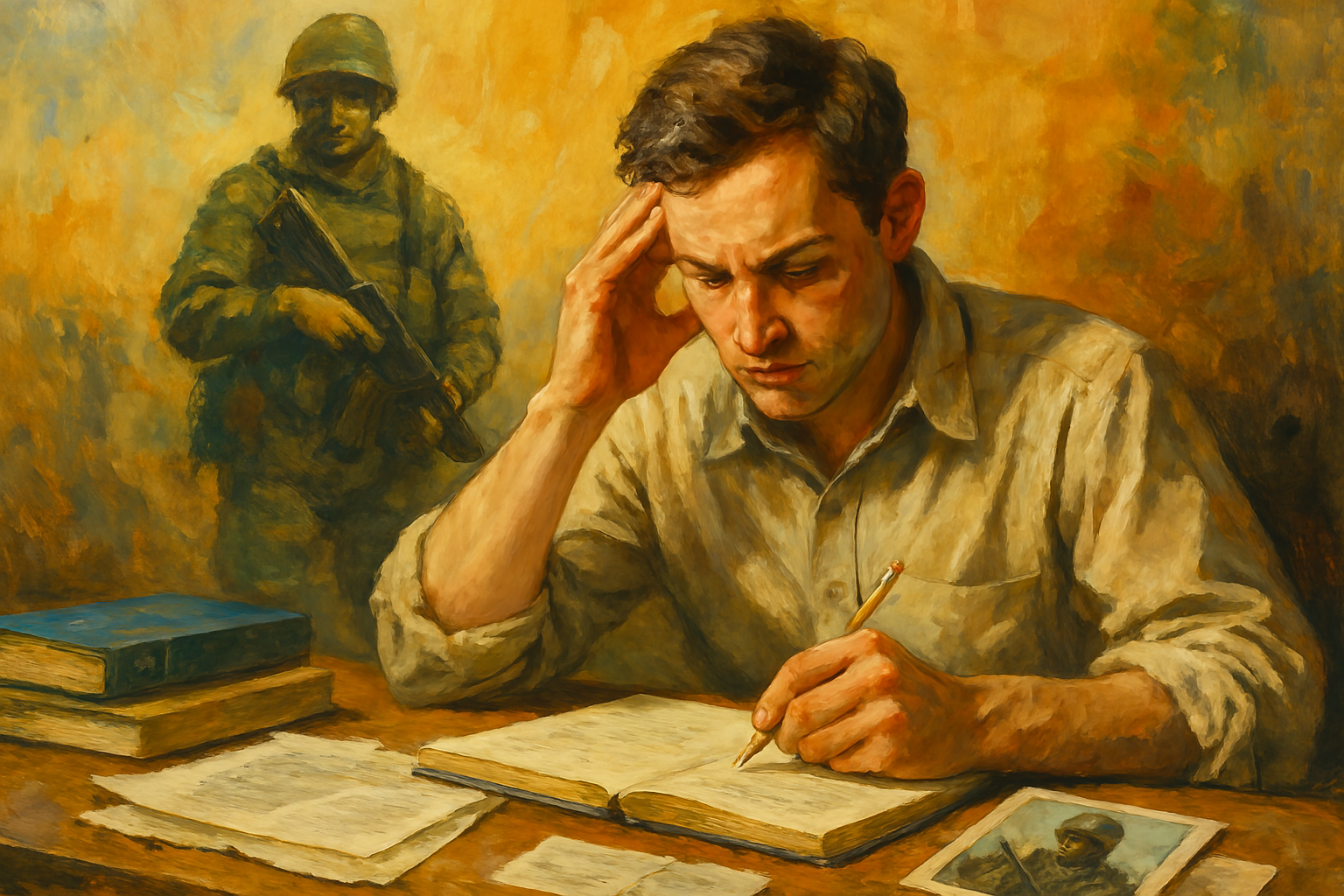When Teenagers Write Plays About War: Theater as a Weapon of Healing in Ukraine
What happens when you hand the stage over to teenagers living through war?
In Ukraine, the Class Act project did exactly that—and what unfolded was more than theater. It was therapy, resistance, and a quiet revolution. As described in the powerful article by Robert Boroch and Anna Korzeniowska-Bihun, Class Act brought together high school students from Ukraine’s war-torn east and its distant west, inviting them to write short plays under the guidance of professional playwrights. The result? An extraordinary collection of raw, heartfelt dramas shaped by real fear, grief, division—and unexpected empathy.
The project was more than creative writing. It was a form of anthropological defense: culture used as a shield against trauma, propaganda, and social fragmentation. In classrooms damaged by bullets and communities fractured by stereotypes, teenagers created stories about absent fathers, broken families, soldiers’ poverty, refugees’ alienation, and the quiet courage of girls who just want to dance.
Some wrote about war directly; others described the invisible scars it leaves behind—shattered friendships, repressed grief, the numbness of normal life in abnormal times. The Class Act workshops didn’t force reconciliation; they made space for it. Children from Russian-speaking Popasna and Ukrainian-speaking Novovolynsk sat side by side and wrote about the same pain. And without any official dialogue on language, they understood each other.
As the authors argue, this isn’t just art—it’s strategy. In a war where cultural manipulation is a weapon, creating space for authentic voices is itself a form of resistance. Class Act didn’t just give teenagers a voice. It gave them back a little piece of agency.
Full article in Wiedza Obronna, 2021, Vol. 274 No. 1



Comments
Post a Comment